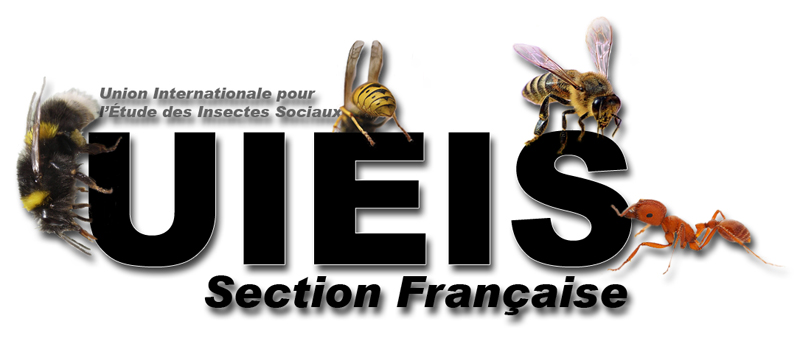
PhD: GEOENGINEERING IMPACT OF WOOD ANTS, YORK
Wood ants on the move: geoengineering impacts of wood ants as they move into new territory
Supervisors: Dr Elva Robinson (University of York), Dr Kelly Redeker (University of York) & Dr Kate Parr (University of Liverpool)
We are looking for an enthusiastic and ambitious student to develop an exciting project that will combine biogeochemical field data and ecological modelling to quantify and predict how wood ants affect regional forest soil function. The ideal candidate will enjoy interacting with academics and stakeholders from a range of backgrounds and want to apply their scientific training to an important applied question.
Forestry, mainly plantations, occupies 13% of British land area. The fragmentation of British woodlands adds further challenges, particularly for locally dispersing habitat specialists, e.g. wood ants (Formica rufa group). These species, threatened across Europe, are key components of woodland ecosystems. Recent work indicates wood ant populations in the North York Moors are expanding from ancient woodland into plantations. This ongoing expansion allows us to explore the impact of ant behavior on forest function within forests with long-term, recent and no ant nest presence.
Ant mapping data, including 3 years’ expansion at population margins, will be used to identify sampling sites in which ant behavior and a range of soil functional data will be collected (e.g.- soil pH, trace gas fluxes, bulk density and nutrient loading). These data will be used to quantify the impact of ant presence on soil qualities and function and this may be used to predict invasive impacts. There is a significant field work component that will be combined with substantial laboratory analyses.
Objectives:
a) To predict the impact on soil function of the spread into new habitat of a woodland specialist.
Specifically to quantify:
i. The impact on soil chemical/physical properties over short and longer-term time scales
ii. The impact on soil microbial community over short and longer time scales
b) To provide advice for forest managers regarding ecological and climate impact of management activities.
Applications and benefits
The student will receive thorough postgraduate training supported by a multidisciplinary team of supervisors with strong research backgrounds and experience in postgraduate supervision. The student will gain ecological research skills including: empirical field techniques; cutting-edge laboratory equipment techniques; spatial analysis methods. This study will provide novel data on dispersal impacts in woodland species: it will benefit the academic ecology/evolution communities, policy-makers and forest managers.
Funding: This is a NERC ACCE studentship fully funded for 3.5 years and covers: (i) a tax-free stipend at the standard Research Council rate (£14,533 for 2017-2018, to be confirmed for 2018-2019), (ii) research costs, and (iii) tuition fees at the UK/EU rate.
The studentship is available to UK and EU students who meet the UK residency requirements.
For more information and how to apply see:
https://www.york.ac.uk/biology/postgraduate/nercdtp/nercproject5-elvarobinson/
Closing date for Applications: 7 January 2018
